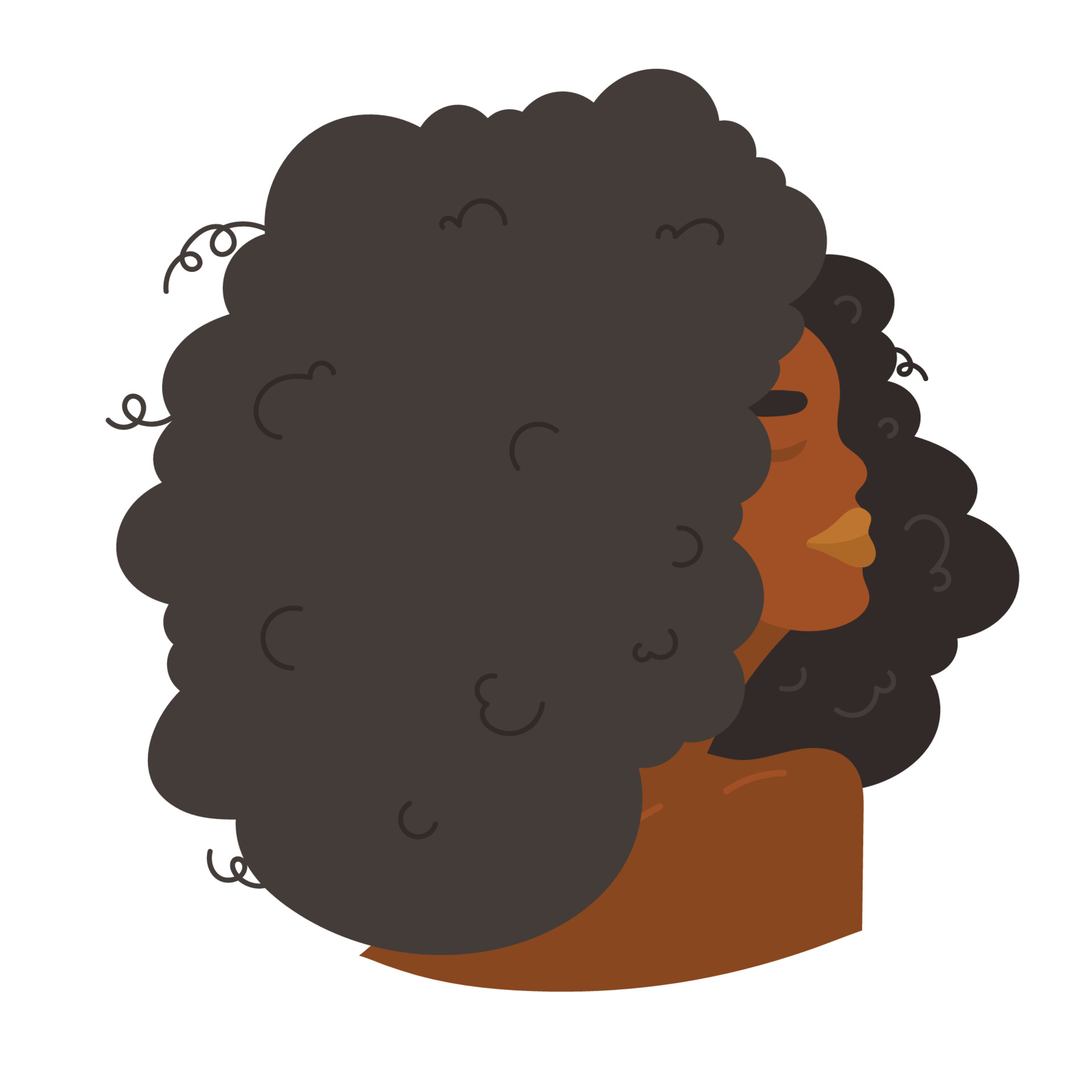The reveal and anticipated launch of superstar Beyoncé and mother Ms. Tina Knowles’s new haircare line, Cécred, has reminded me of how Black women’s hair is a massive part of our lineage and identity. Our kinky, coiled, and curly hair’s versatility and resilience mimic our spirits and stories. Since I was young, getting your hair done has often been a long, ritualistic process that usually requires a chunk of your day. Whether braids, press and curl, relaxers, finger waves, updos, weaves, and whatever style you were getting, you came to know from a young age, this is simply a built-in ritual passed down from generation to generation in most Black families, particularly for the girls and women but young Black boys and Black men that grow their hair longer are not exempt from this. There is no monolithic black experience, but it’s fair to say that so much of our identity, pride, and expression as black women is in how we care for and wear our crown.
Black hair has always been somewhat political. America and other parts of the world have recently acknowledged and put laws against workplace discrimination based on someone’s hair texture or cultural hair styling. There is still so much ignorance about black hair. Beyonce even mentioned in a recent interview that she is honored to invest in a haircare line that considers and nourishes black hair textures since we are not considered for many products in the market. “Every hair texture deserves testing, research, and development. Black women, in general, are the last to be included in testing. We are often prescribed things based on studies we were not included in. It’s bigger than me, or hair.”
The way Black women have gotten comfortable wearing their natural hair in its curly or kinky state within the last 10-15 years has been a vast and inspiring movement. We navigate this world and have navigated this world trying to find acceptance in so many spaces that have not been built for much culture, understanding, or diversity. Our hair sometimes affected how we got treated and what we would get and couldn’t get. We depended on things like our hair being a factor in our survival for quite some time. Depending on how or where you grew up, so much time was spent making sure we wouldn’t stand out in the “wrong way.” This is just how many of our elders thought. Looking unkempt or like your hair hadn’t been “done” was a big no-no. Some elders still have a hard time accepting 4c hair types out and free in an afro as they hold onto the negative idea of it looking “nappy.” I’ve personally accepted nappy to be beautiful. My hair is very thick, 4c hair, and I’m pretty happy with it.
These days, my time during wash day is spent less on getting my hair to “act right” and more on embracing, loving, and caring for my tresses. When folks not of the diaspora hear “wash day,” they think it’s being used in the context of when we wash our bodies. That’s not it at all. Afro hair textures don’t require and shouldn’t be washed daily like other hair types, with more of a straight hair texture. Sebum doesn’t run down our hair shaft easily like straighter hair textures, so we don’t get the oily effect when we don’t wash our hair for a few days. It depends on the person and how long they go from one wash to the next based on their specific haircare routine and lifestyle.
Wash day is our time to focus on our crown in a ritualistic way. For some, it’s our personal spa day at home or the hair salon. We deal with so much daily as black girls and women, from comments on how we wear our hair that week to ignorance in general, micro-aggressions, misogyny, misogynoir, and so much more. Our spirits sometimes grow a bit weary. This day is more profound than our hair. It’s therapeutic, empowering, and a time to remind ourselves who we are. It’s our time to focus on our beauty and resilience and get time to ourselves. Beyoncé had a similar sentiment when asked about what it was like to grow up around a mother who had a salon in the recent Essence interview titled “Beyoncé. The Boss” by Brooklyn White. She says, “I saw her shampooing and trimming hair, transforming women, leaving them feeling really good. Looking back, it was more than just a hair appointment—it was therapy.” If you are reading this, I encourage you, your friends, moms, sisters, aunts, and any other Black girl, boy, woman, or man to embrace their wash day ritual as a form of self-care and celebration of themselves, culture, and lineage.
Citations:
White, B. (2024, January 15). Beyoncé. The Boss. *Essence*. https://www.essence.com/beauty/beyonce-2024-essence-cover-cecred/

Comments are closed